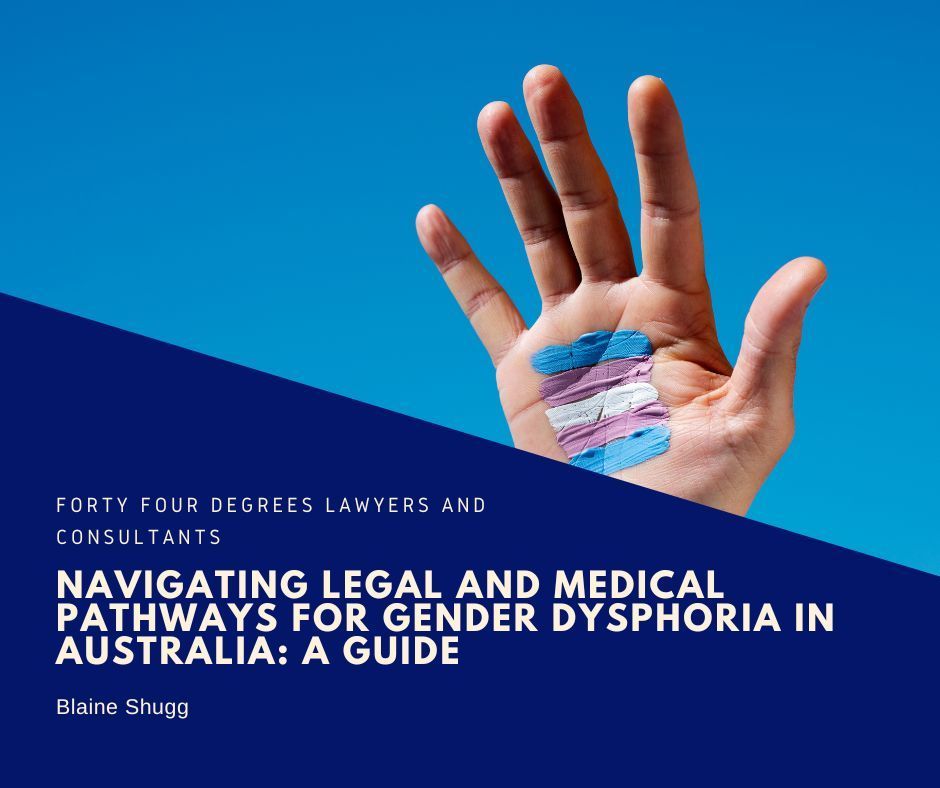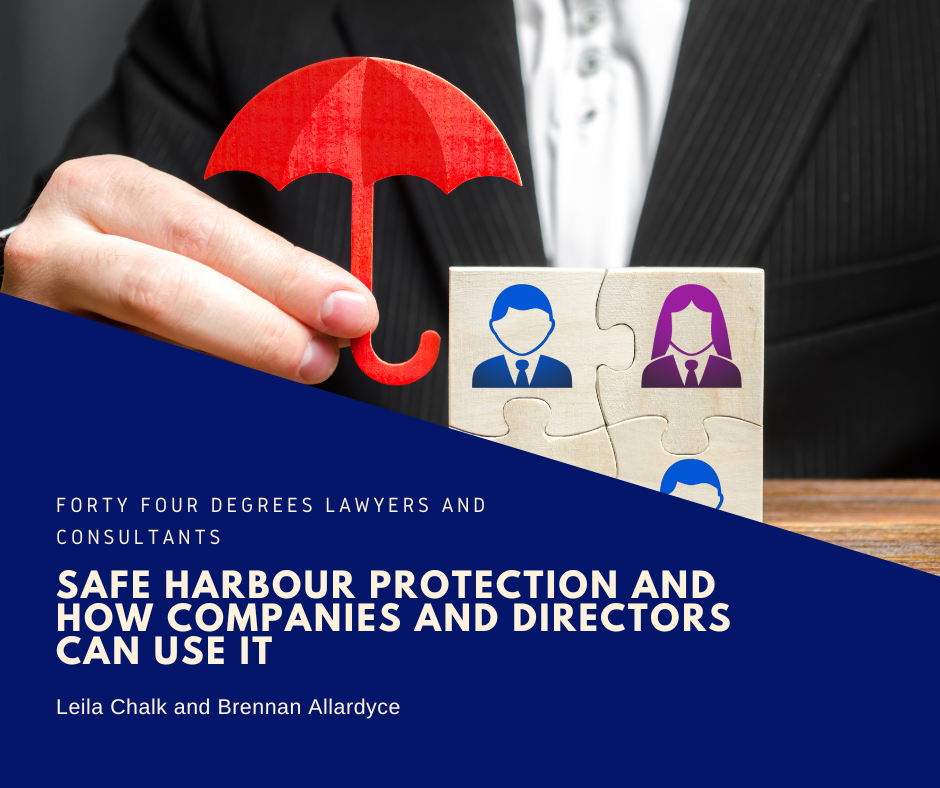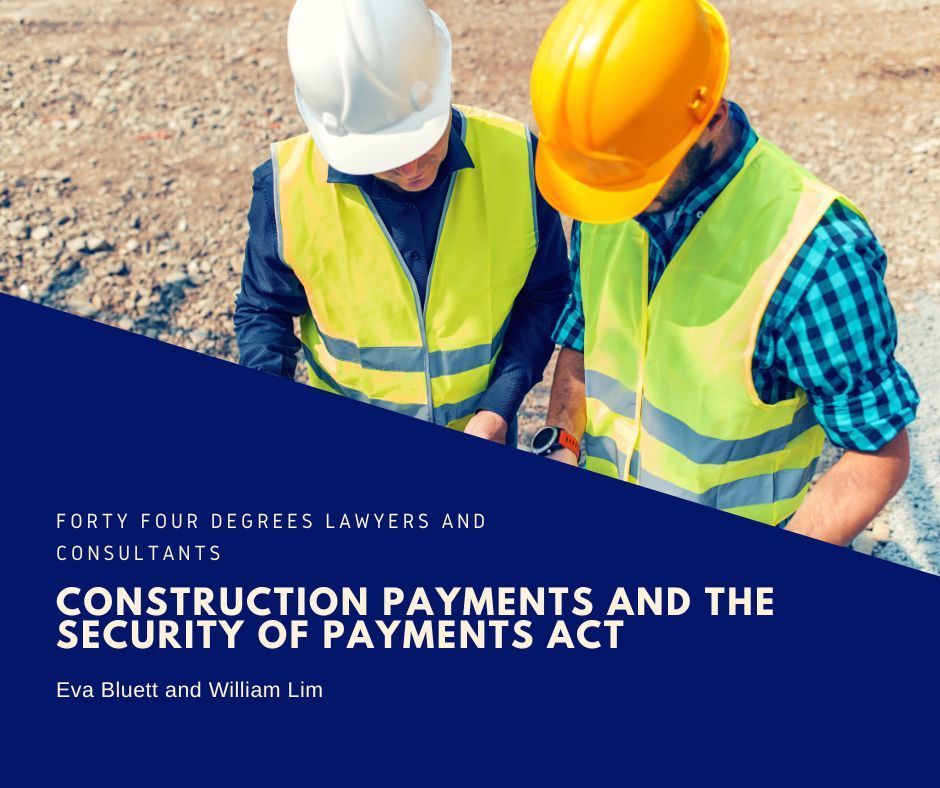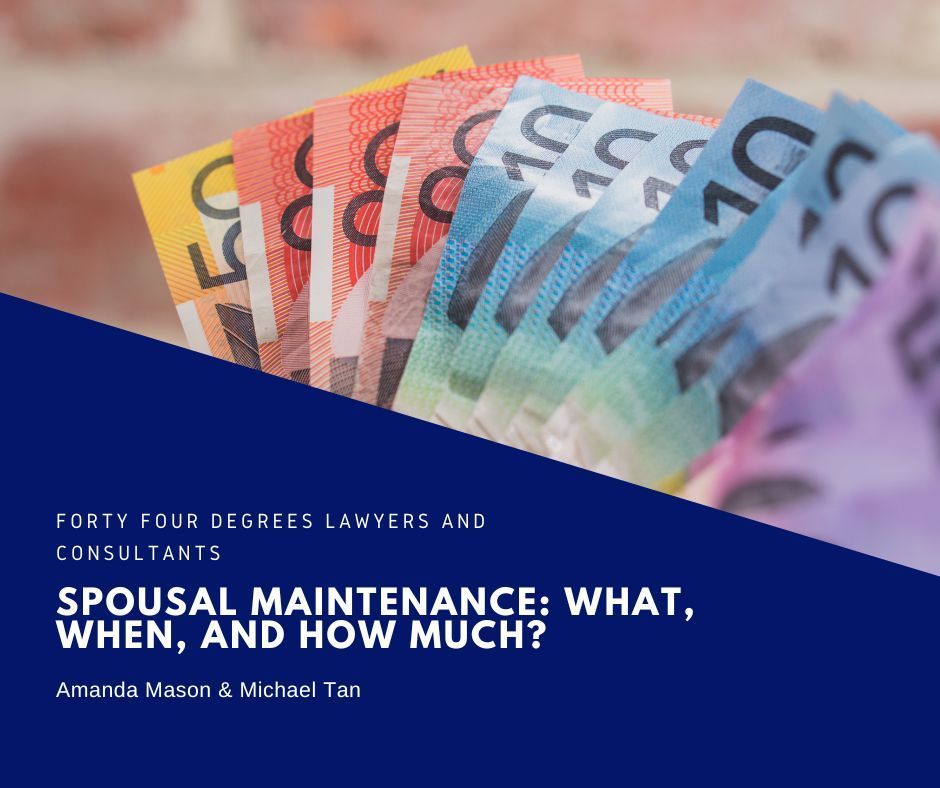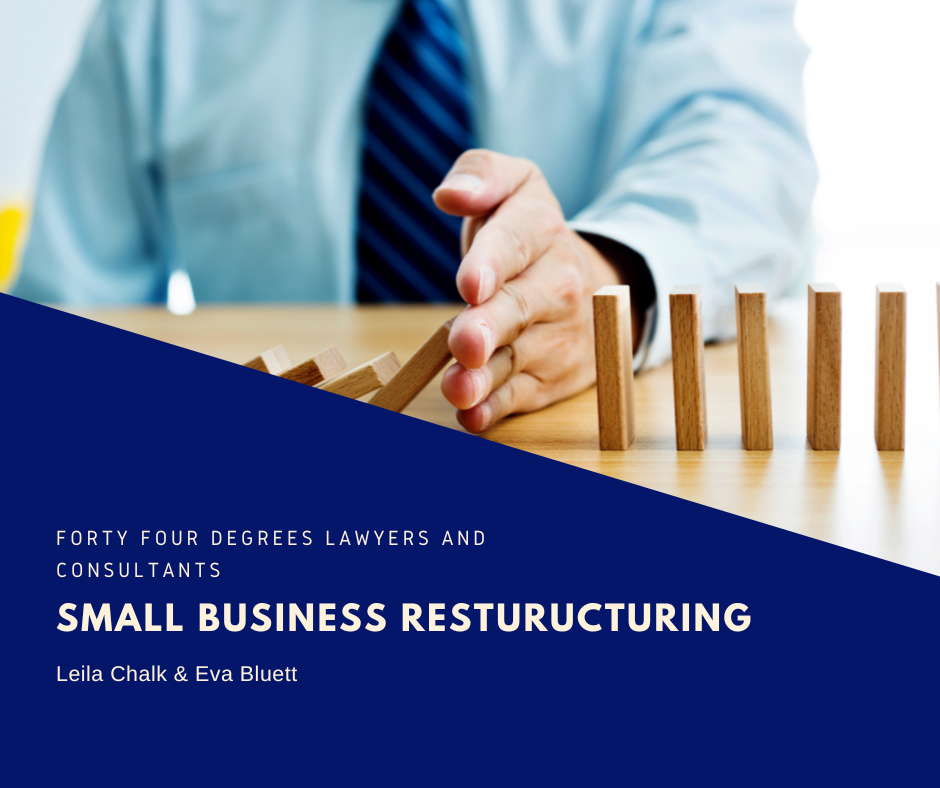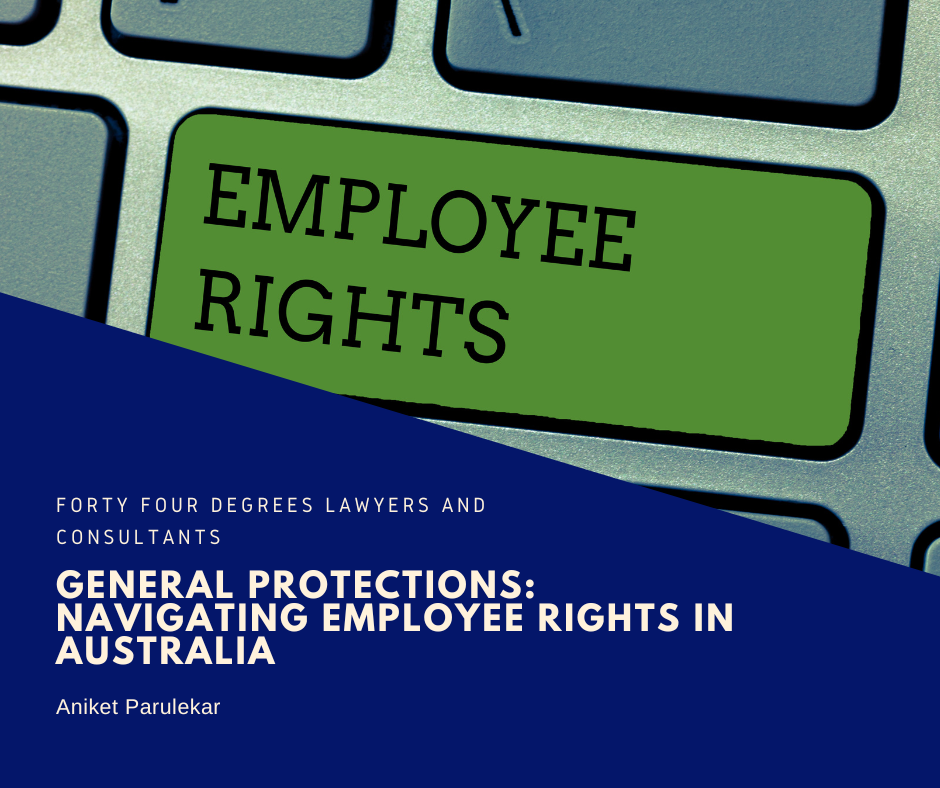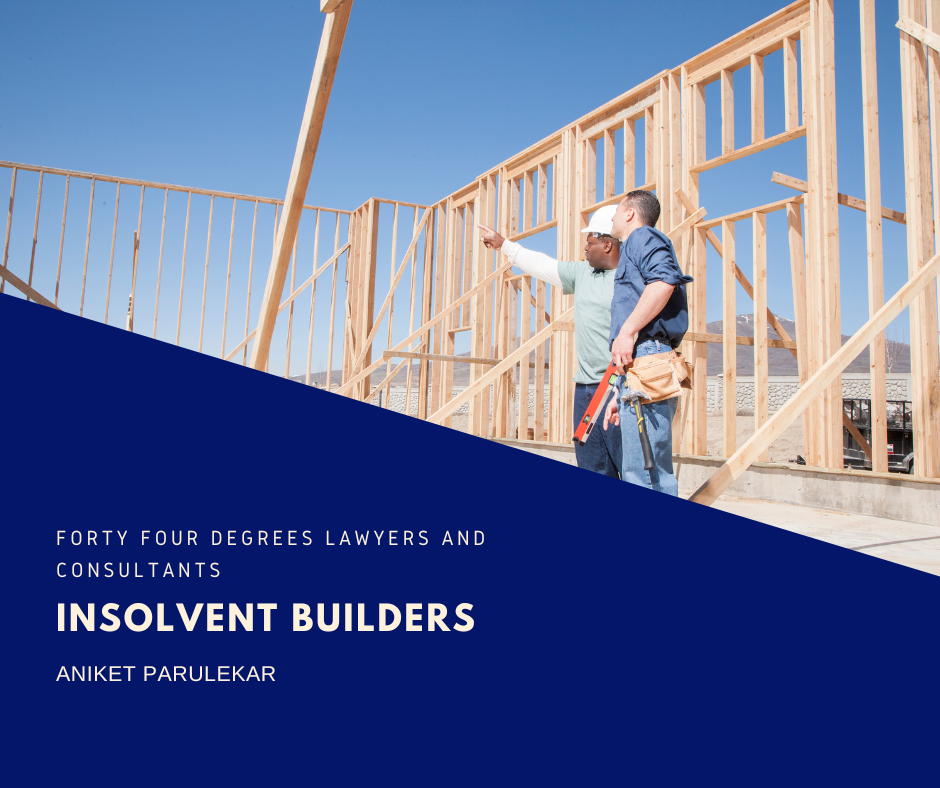Myths and Misconceptions in Family Law
Ensieh Bayat • Jan 09, 2020
Busted! 5 Myths and misconceptions about Family Law.
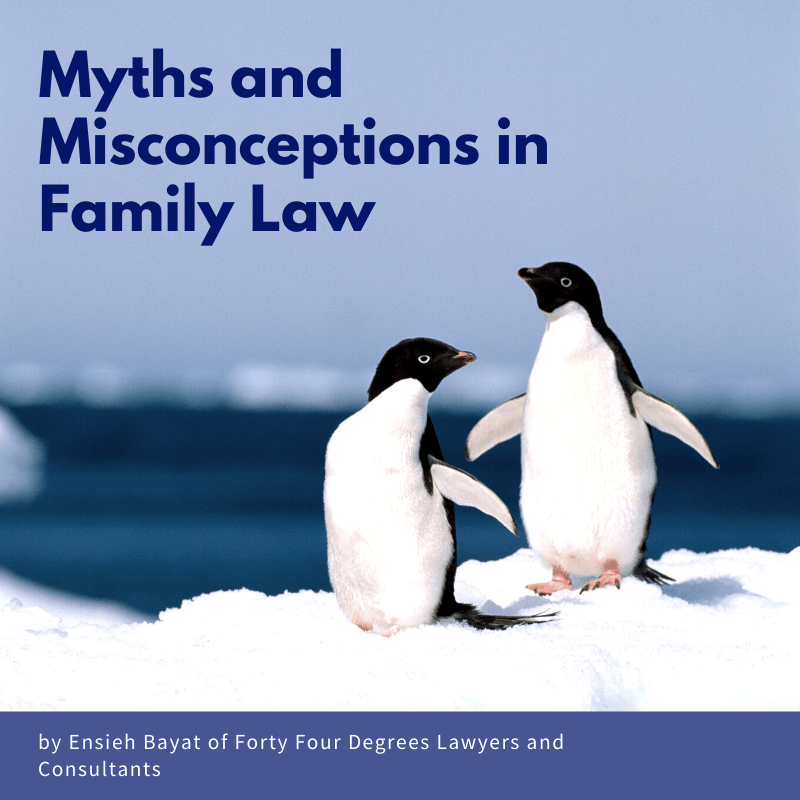
MYTH: I can't get divorced until I move out.
You do not need to move out of your place of residence in order to be separated. You can be separated even when you are living “under the same roof” but there has to be a clear division of your everyday activities, bill payments, sleeping arrangements etc.
As long as you are able to prove that there was an “irretrievable breakdown of the marriage”, then you will be able to file for divorce within 12 months from date of separation.
MYTH: Once we separate, my spouse will be entitled to half of our assets.
A 50/50 settlement is the starting point, but the asset division depends on the parties overall financial and or non-financial contribution to the relationship and their future needs.
There are a number of factors that the Court takes into consideration when determining how assets should be distributed after the breakdown of either a marriage or de facto relationship pursuant to the Family Law Act 1975.
Some of these factors include:
1. The length of the relationship;2. Each party's age and health;3. Whether there are children from the relationship;4. The non-financial contributions of either party;5. The current and future needs of either party;6. Whether parties had assets before the relationship started;7. Whether one or both parties made special contributions during the relationship, such as receiving an inheritance, gift of money or possibly a compensation payment; and8. How much time the children might spend with their respective parents after separation.
MYTH: I have to wait until I am divorced to have a property settlement.
You do not need to wait until you are divorced. In fact, in most cases, we recommend that parties negotiate and formalise their property settlement before applying for a divorce. The twelve month wait period does not apply to a property settlement.
MYTH: “I can see my child anytime” or “I am entitled to 50/50 child custody”
Even though there is a presumption that parents should have equal shared parental responsibility for their children, this might not always be the case.
As per Family Law Act 1975, the child’s best interest is the paramount consideration when the Court makes parenting orders. This means that if the Court finds that is not in the child’s best interest to spend equal time between their parents or it is not practicable for that to occur, then an Order would be made to reflect as such, which may minimise a parent’s time with the child.
Please note that it is the child’s right to have a meaningful relationship with both parents, to the maximum extent consistent with the best interests of the child. Therefore, Parenting Plans or Court Orders would be made in order to Facilitate this.
MYTH: There is no need for a lawyer.
Thanks to the digital age, we have become quite accustomed to “do-it-yourself” guides and online resources to help solve our problems. We have noticed that more and more people are unrepresented in the Family Law courts.
Unfortunately, not seeking legal advice can be detrimental to your matter.
Lawyers are able to;
1. Maneuver the complexity of law;2. Take away the stress of handling the matter as well as the emotional turmoil; and3. Negotiate a better outcome for you or a favourable outcome for all all parties involved.
Whilst some may be capable of representing themselves at court, having a lawyer can often provide a better, faster, more economical, and lower stress outcomes for you.
Contact Us
We’re an Australian Law Firm promoting a nuanced, personal touch. We have the skills you need to resolve your case quickly and with a positive outcome. Our straight talking team stays close to simplify what is most often a complicated process. We help individuals and businesses with technology and startup law, property law including conveyancing and leasing, commercial law, civil litigation, wills, estates, bankruptcy, insolvency, criminal law, and professionals facing investigations and charges from their regulatory body.
We have a connected network of talented lawyers in Melbourne CBD, Dandenong, Ballarat, and Ivanhoe East.
Fill out the form or call us on 1300 892 237.
Thank you for contacting us.
We will get back to you as soon as possible
We will get back to you as soon as possible
Oops, there was an error sending your message.
Please try again later or call us on 1300 892 237.
About Us
We do business your way.
203/ 50 Market St, Melbourne VIC 3000
50 Lydiard St South
Ballarat Central VIC 3350

